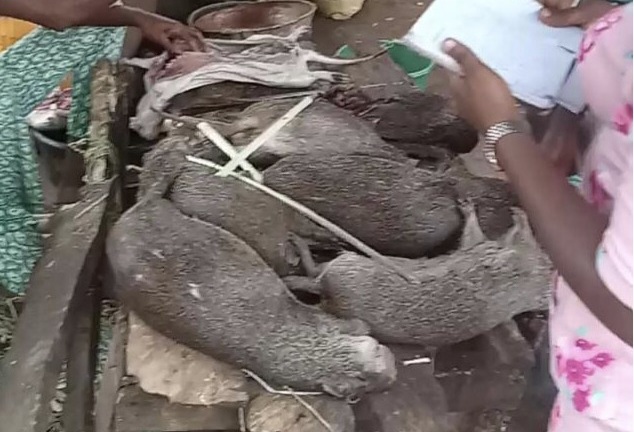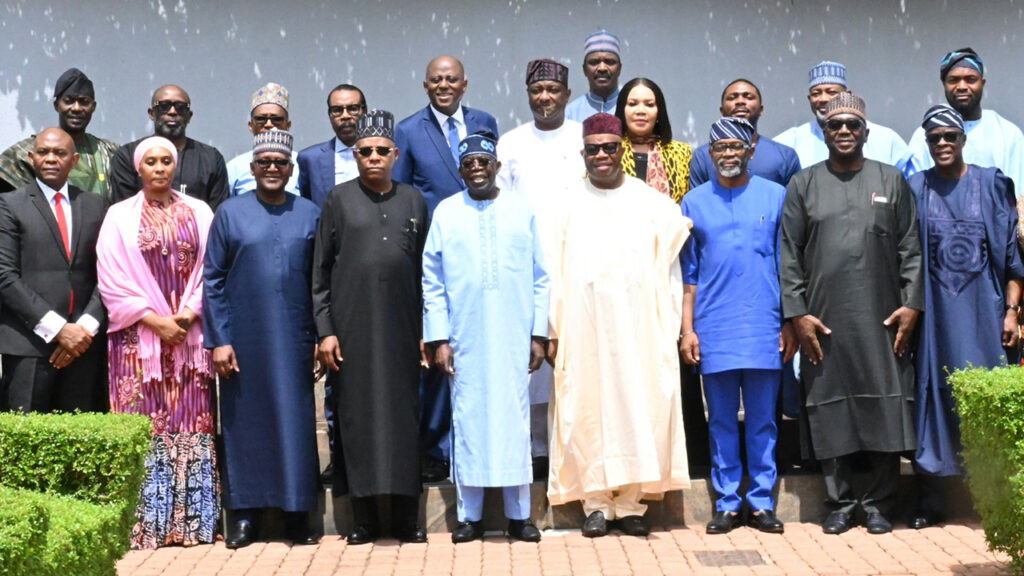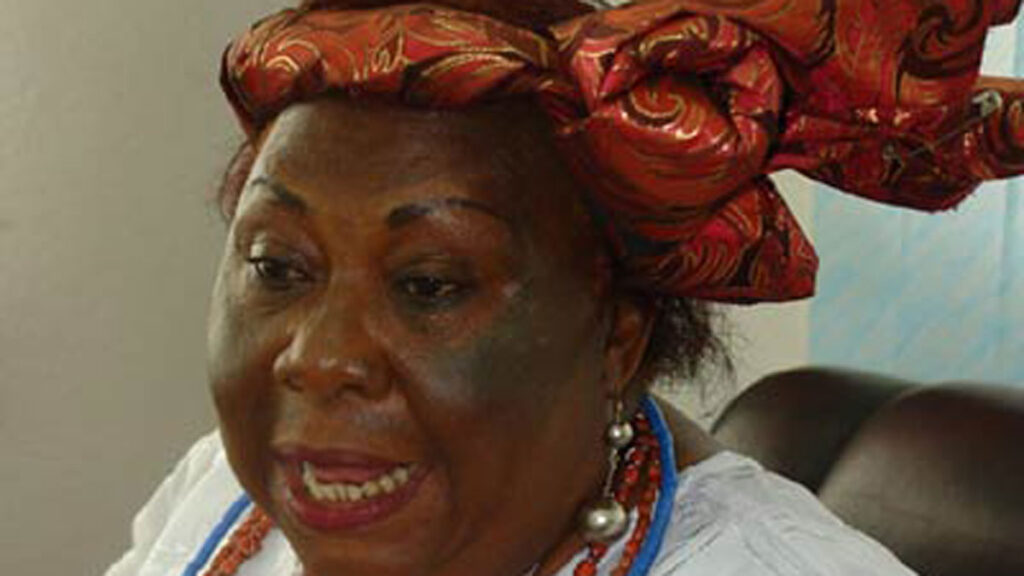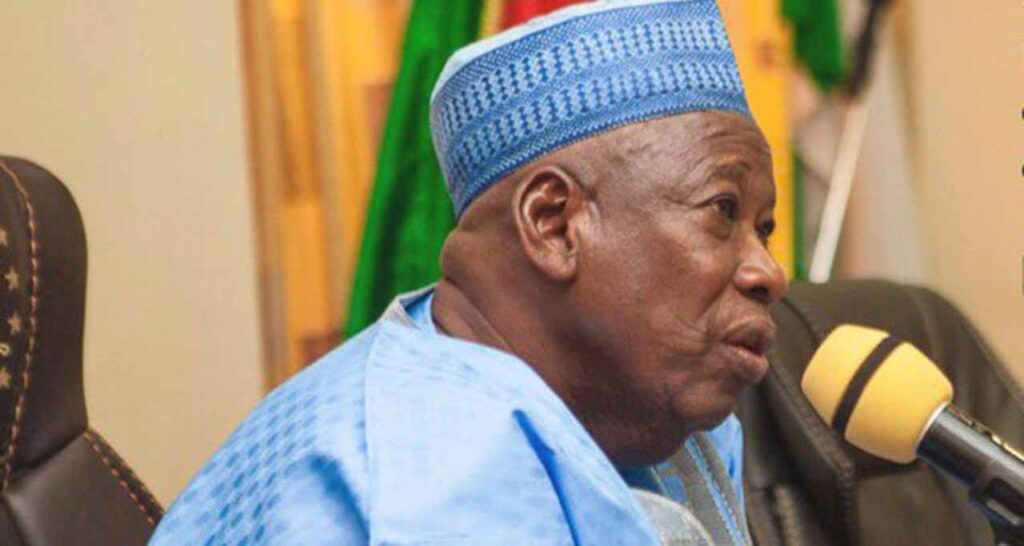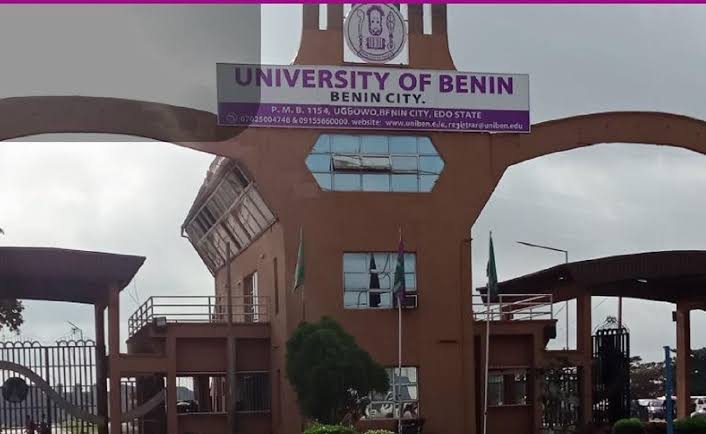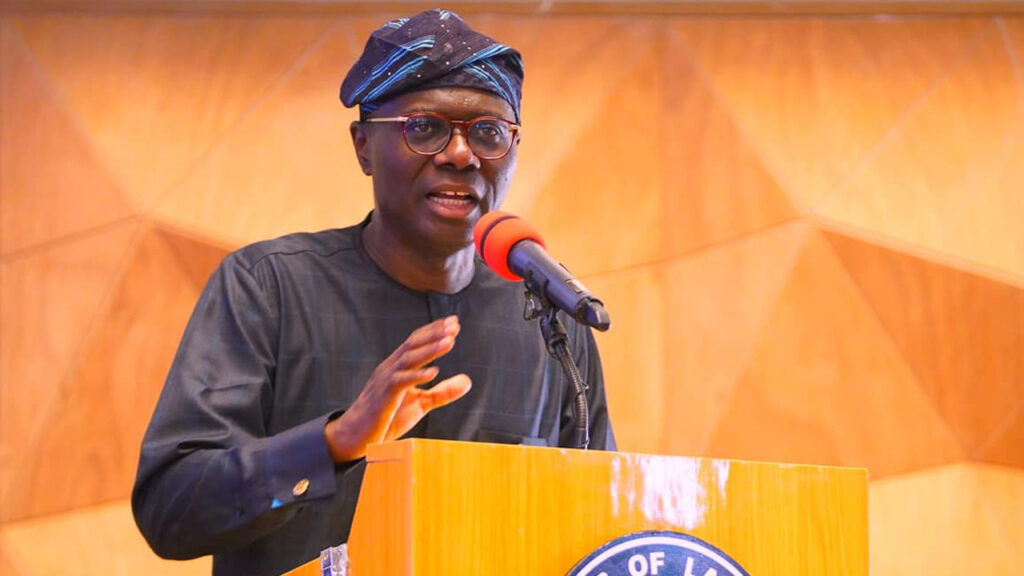As the world wriggles out of the worst global pandemic in recent decades, a holistic review of the remote and immediate causes requires a concerted effort. A conservationist, and graduate of the Department of Wildlife Management, University of Ibadan, Bright Olunusi has raised concern over the unwholesomeness of the bushmeat trade and the effects it can have on the spread of diseases if not properly addressed.
Bright, researched the bushmeat trade in some Egbeda, Oluyole, and Ona-Ara local governments of Oyo state revealing that though the trade of bushmeat is a vital source of income and nutrition, however, the traditional practices carry significant risks, with global implications for public health.
Bright said: “My research uncovered booming bushmeat along the Oyo-Osun axis with many practitioners, some of them with decades of experience. Despite its economic benefits, she observed that the trade faces challenges such as meat spoilage, and lack of thorough supervision from appropriate agencies, highlighting the precarious balance between economic necessity and health risks.”
According to Bright, her work reveals that the consumption of bushmeat is deeply rooted in cultural and nutritional preferences. However, the practice is not without risks. For example, scientists have been able to trace the outbreak of Ebola outbreak and other zoonotic diseases to originate from bushmeats. This concern is particularly relevant in light of the COVID-19 pandemic.
Bright is of the opinion that the spread of Coronavirus has brought to light the stark reality that the interconnectedness of today’s world means that no disease is local. Bright posited that while the origin of the highly deadly COVID-19 is still a subject of global research and medical debates, the potential for bushmeat to act as a vector for the next global pandemic cannot be ignored.
The seasoned conservationist believes that to prevent future pandemics, certain measures must be considered.
Stakeholders must as a matter of urgency implement policies to protect wildlife populations and prevent over-exploitation.
The regulatory agencies must ensure strict adherence to proper hygiene and control the quantity of bushmeat in the market to prevent the extinction of the endangered species.
There is a need for periodic sensitisations and adequate education to major stakeholders in the bushmeat value chain.
Bright concluded by calling on concerned individuals to harness the lessons learned from Ebola and COVID-19 and use them as a guide in their efforts to forestall similar health emergencies while respecting cultural practices.

